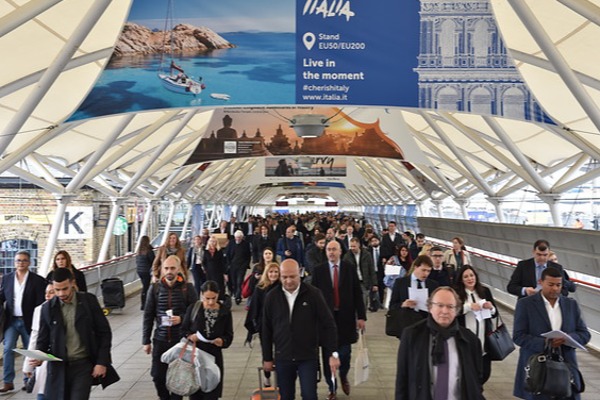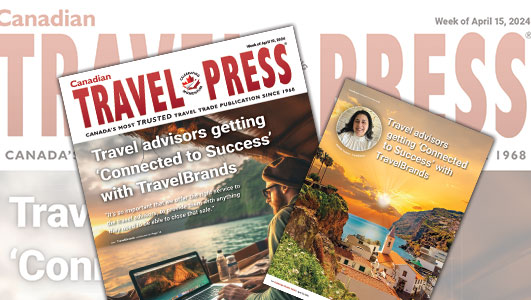Recovery Sets The Stage For World Travel Market

Global air travel is set to reach 65% of pre-pandemic levels this summer, according to the summer Travel Outlook Report 2022 produced by World Travel Market London (WTM) and analytics firm ForwardKeys.
The summer report reveals that the current enthusiasm to travel overseas is so strong that a rise in air fares has done relatively little to dampen demand. For example, the average fare from the US to Europe climbed by more than 35% between January and May with no noticeable slowing in booking rates.
The report also reveals that Europe has seen the biggest tourism recovery, recording an improvement of 16 percentage points, and is now reporting the highest overall tourist arrival volumes. The European region also illustrates the widespread trend of beach destinations recovering more quickly than their urban counterparts.
The continuing revival of leisure travel around the globe during the third quarter of this year (July, August and September) sets the stage for World Travel Market London – the foremost global event for the travel industry – taking place at ExCeL on Nov. 7 to Nov. 9, 2022.
A second, end-of-year Travel Outlook Report will be published during World Travel Market London, giving delegates the latest trends and detailed forecasts based on bookings from airlines and travel agencies.
Juliette Losardo, Exhibition Director at World Travel Market London, said:
“It’s encouraging to see the results of the Travel Outlook Report and how markets around the world are recovering this summer. It will be interesting to see how these findings develop by winter and we look forward to welcoming ForwardKeys to present the next installation of this exclusive research at World Travel Market in November.’’
Olivier Ponti, VP Insights at ForwardKeys, said: “With 2022 seeing travel restrictions lifted, connectivity re-established, and consumer confidence regained, demand for international travel is on the rise once more. In Q3 this year, holidaymakers are relatively much keener to leave the pandemic behind with a relaxing break on the beach than they are to consume culture, cities and sightseeing.”
And he added: “The impact of the pandemic has meant that long-established travel trends are evolving. As we gradually regain normality, new patterns emerge and reliable, real-time data is needed to make sense of them. This is essential for discovering new markets and opportunities.”


